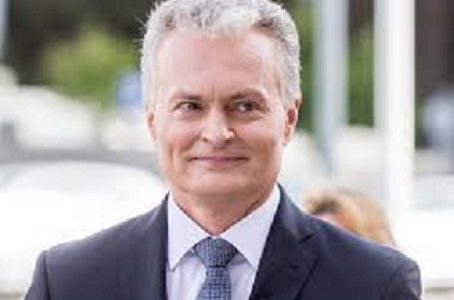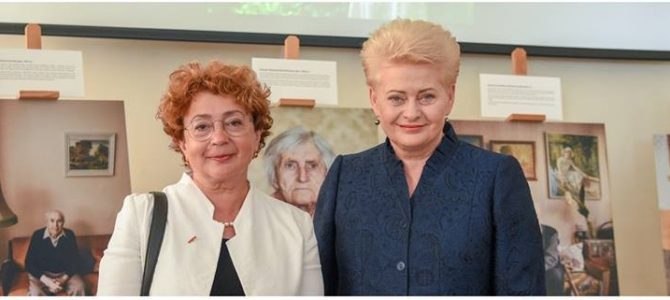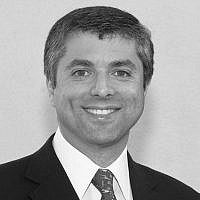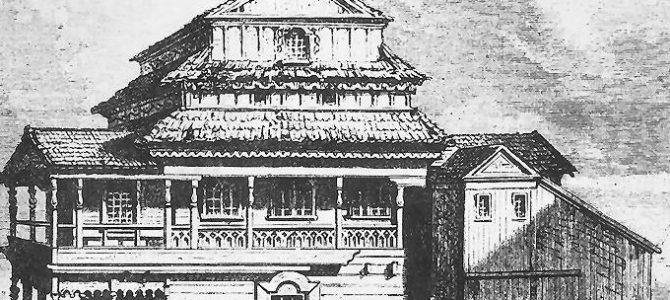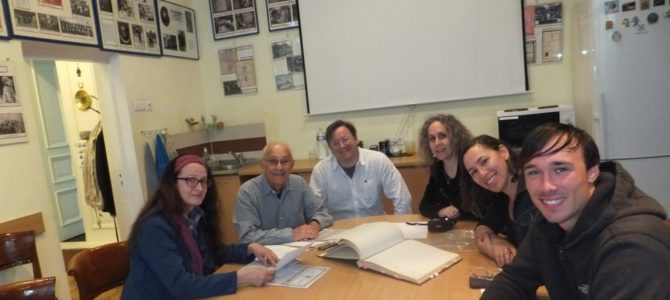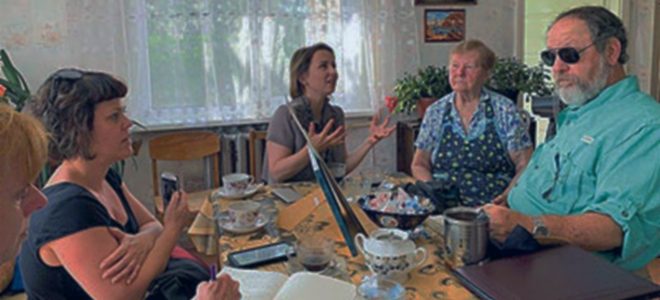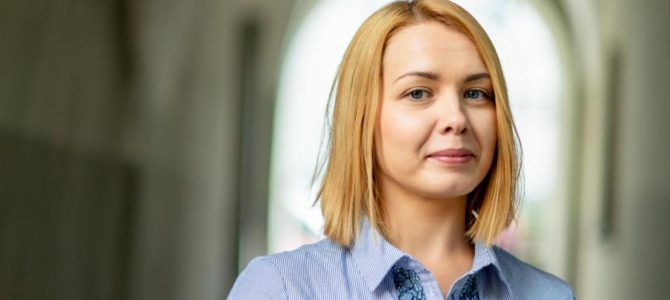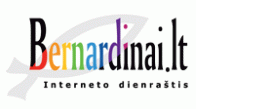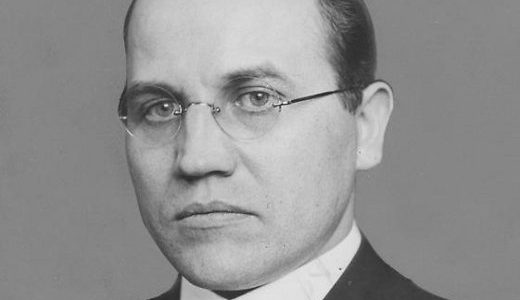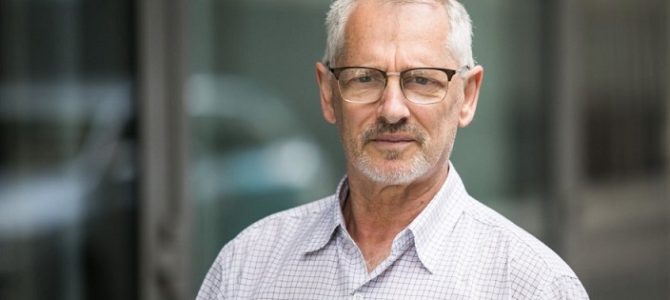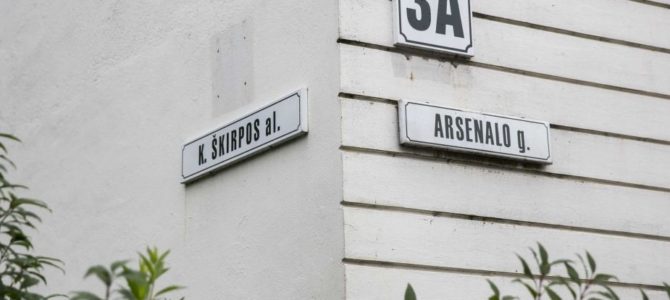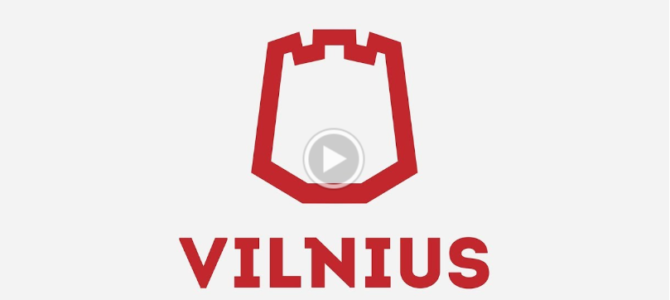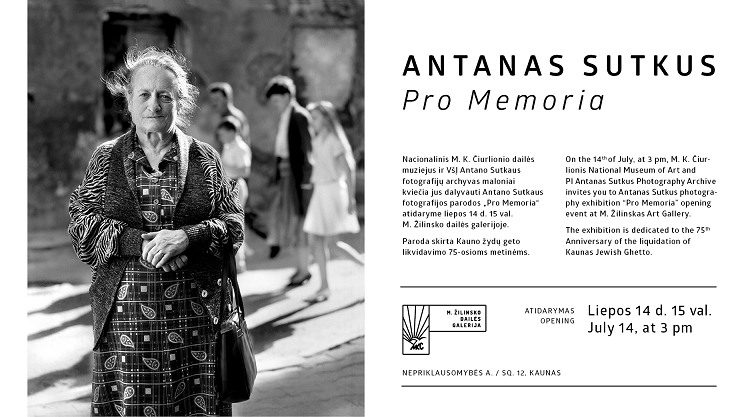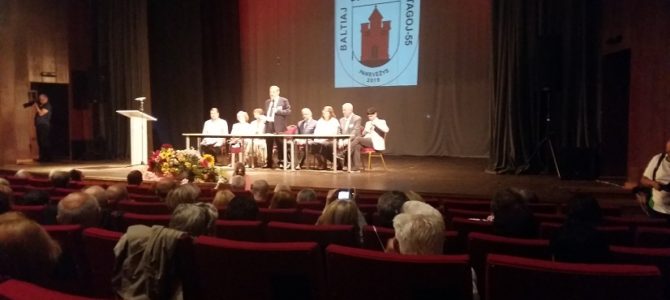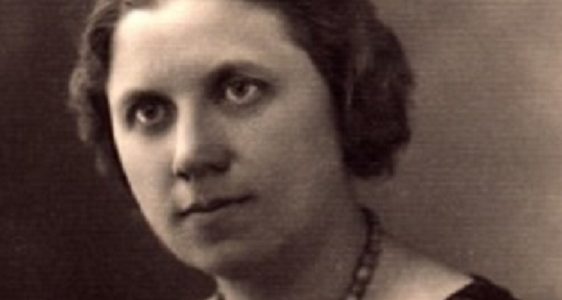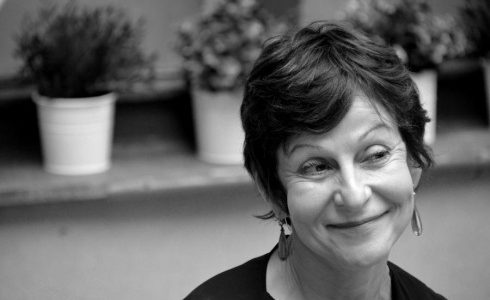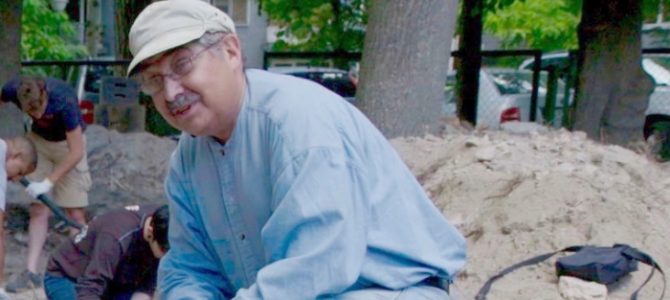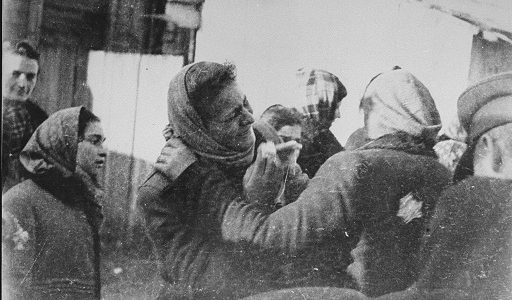Your excellency, president Gitanas Nausėda,
The Lithuanian Jewish Community is gladdened by and confident in the decision of the Lithuanian people and congratulates you as the new president of the country. Our wishes to you are to overcome all obstacles in aspiring to make Lithuania known in the world and in working for the benefit of the people of Lithuania. We also wish inexhaustible strength to your family who support you in your difficult tasks of governance.
It is a great honor and privilege to become head of state in the run-up to marking the 300th birthday of the Vilna Gaon in 2020. The memory of the Vilna Gaon, the symbol of Litvak learning and identity, is not subject to time, crossing national borders and uniting entire generations, as an echo from the past of the grandeur of the former Grand Duchy of Lithuania and the Jerusalem of Lithuania. We hope the rationality, philosophical thinking and spiritual legacy of this man will inspire you as well and serve as a guidepost in your future decision-making.
This is the best opportunity to consolidate political will in solving the old problems of historical justice, Holocaust commemoration, restitution, conservation of the Jewish physical and cultural legacy and improvements in the institution of citizenship.
Lithuania is a small country with a gigantic history and the Jews of Lithuania are an inseparable part of the country for 700 years now. As we move into 2020 together, we invite you to undertake an important moral challenge: to provide a new opportunity and stimulus for this history to continue.
With deepest respect,
Faina Kukliansky, chairwoman
Lithuanian Jewish Community



















